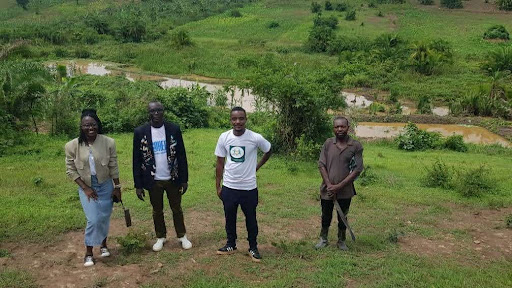By Jenny Basika and Emmanuel Arika Samuel
Refugee-led organisations are struggling for recognition, because when we talk about marginalisation in the sector it’s not always about funding but also trust and recognition. Refugee-led groups are often questioned for their capacity and accountability and a lot of mistrust on their core values and being talked about like people who misappropriate donor funds.
We recently attended a workshop where a local government representative, who was invited by the RLO hosting the event, used the platform to personally attack and try to tarnish the RLOs initiatives in front of some potential donors who were present. Why would they do that? Despite widespread claims that NGOs and governments are advocating for localisation, there seems to be a hidden fight to limit and compromise refugee initiatives
From an RLO leader, “Even when we reach out to them (stakeholders) so that we share the learning about our work, they do not usually pick interest.
Another one said “They partnered with us for a certain project but we’ve not known how it was designed, how it started and how it ended, we were just mentioned but never involved in active implementation
The rigid application process for funds and highly competitive proposal writing process is often in vain for RLOs who invest significant time and resources in putting together applications.We are tired of the disappointing response from donors, “ Dear applicant we would like to thank you for your recent application, we apologise for the delay in getting back to applicants after carefully consideration, we regret to inform you that your proposal was not selected for funding due lack of qualification and capacity’’.
Refugees shouldn’t be looked at like PoCs or recipients of aid, but as leaders and, innovators who can effectively drive towards lasting change in their own communities
Governments, Donors, INGOs, NGOs still have a lot to learn from refugee-led initiatives. Involving and advocating for the local refugee led initiatives shouldn’t feel like an act of charity or moral obligation, but instead it is an opportunity to improve the relevance, efficiency and effectiveness of humanitarian response.
Joining efforts with the local refugee initiatives is not only an act of meaningful humanitarianism but it is also a way of empowering, giving a chance for people living with forced displacement to decide their own future and act with resilience.

Leave a Reply